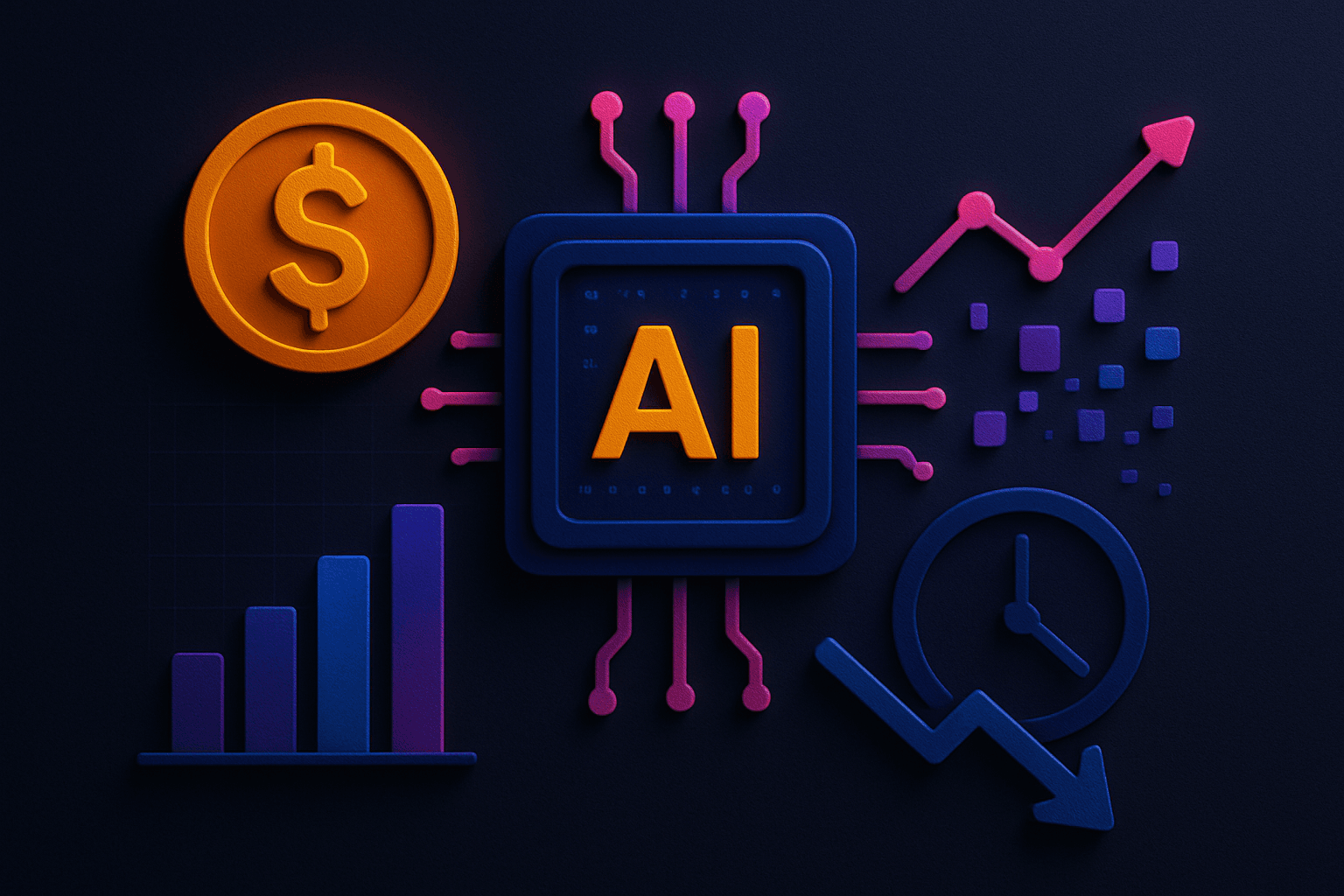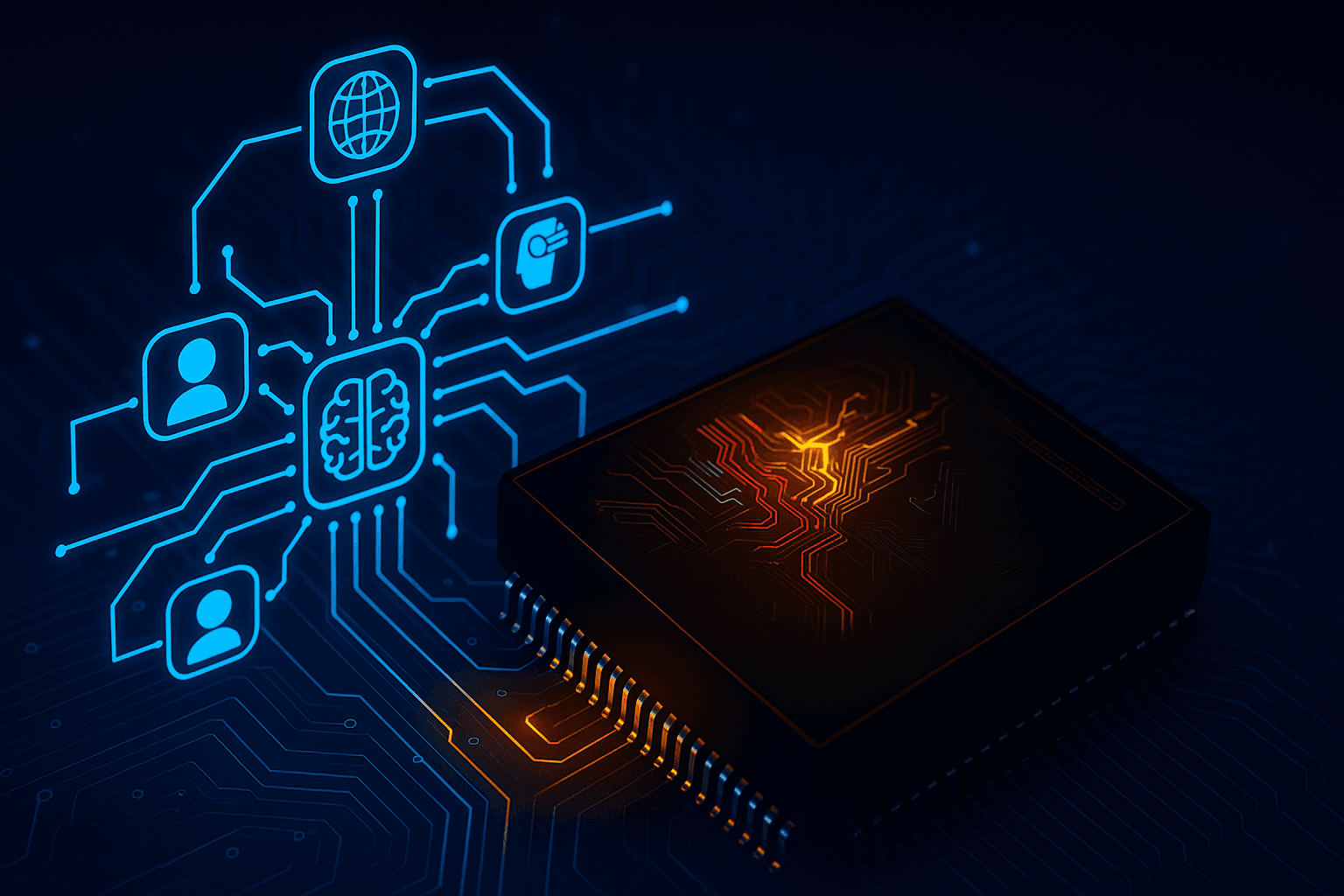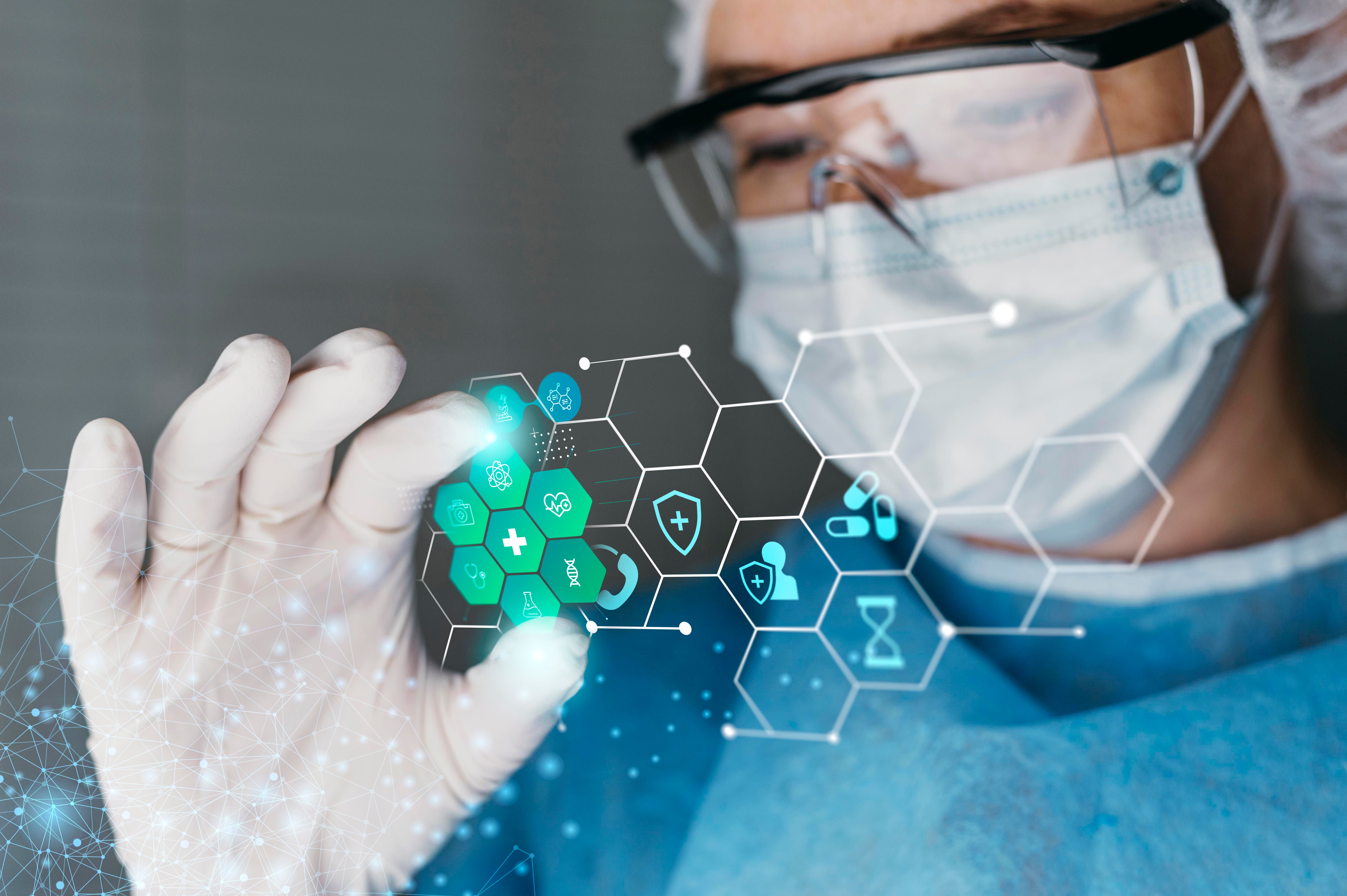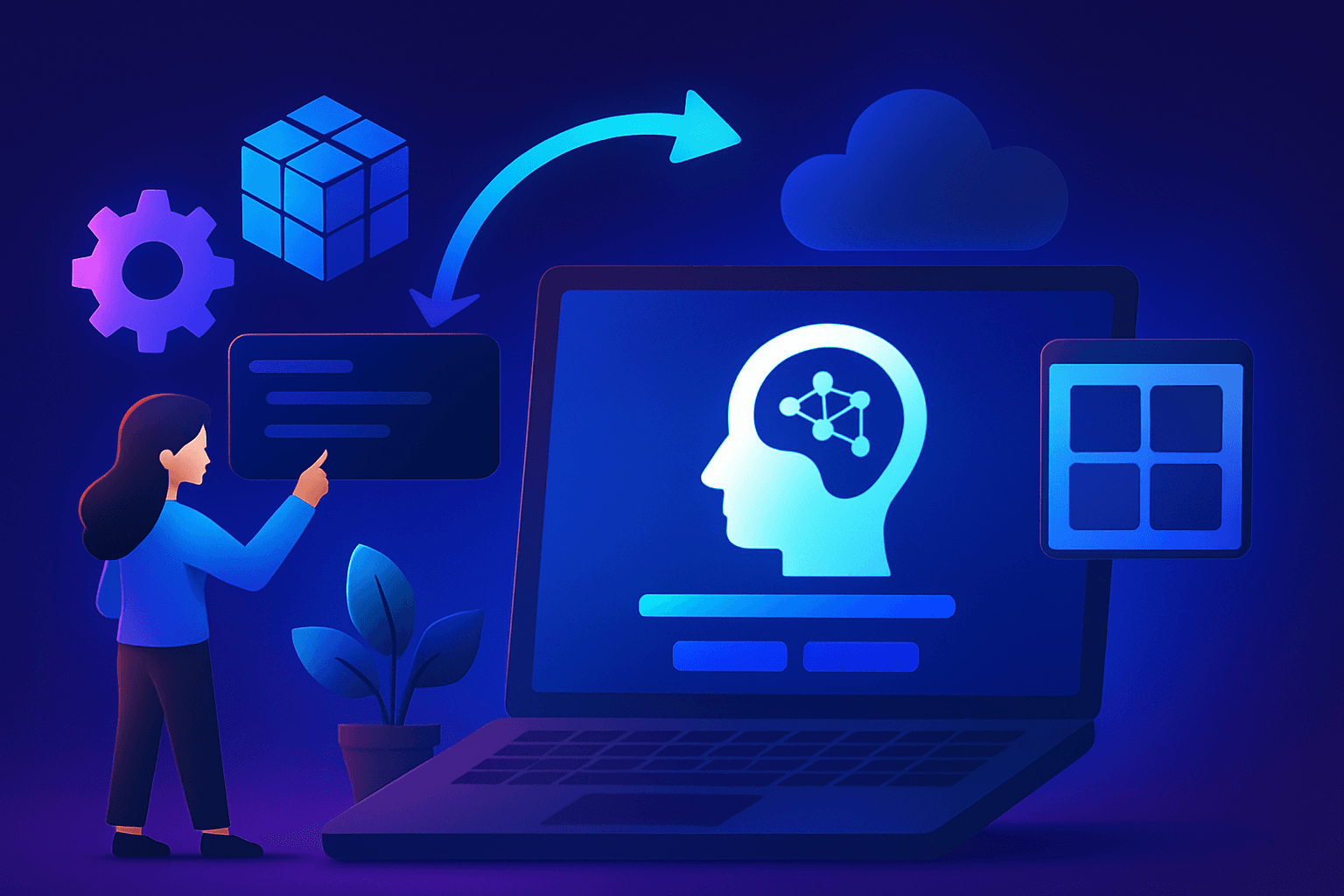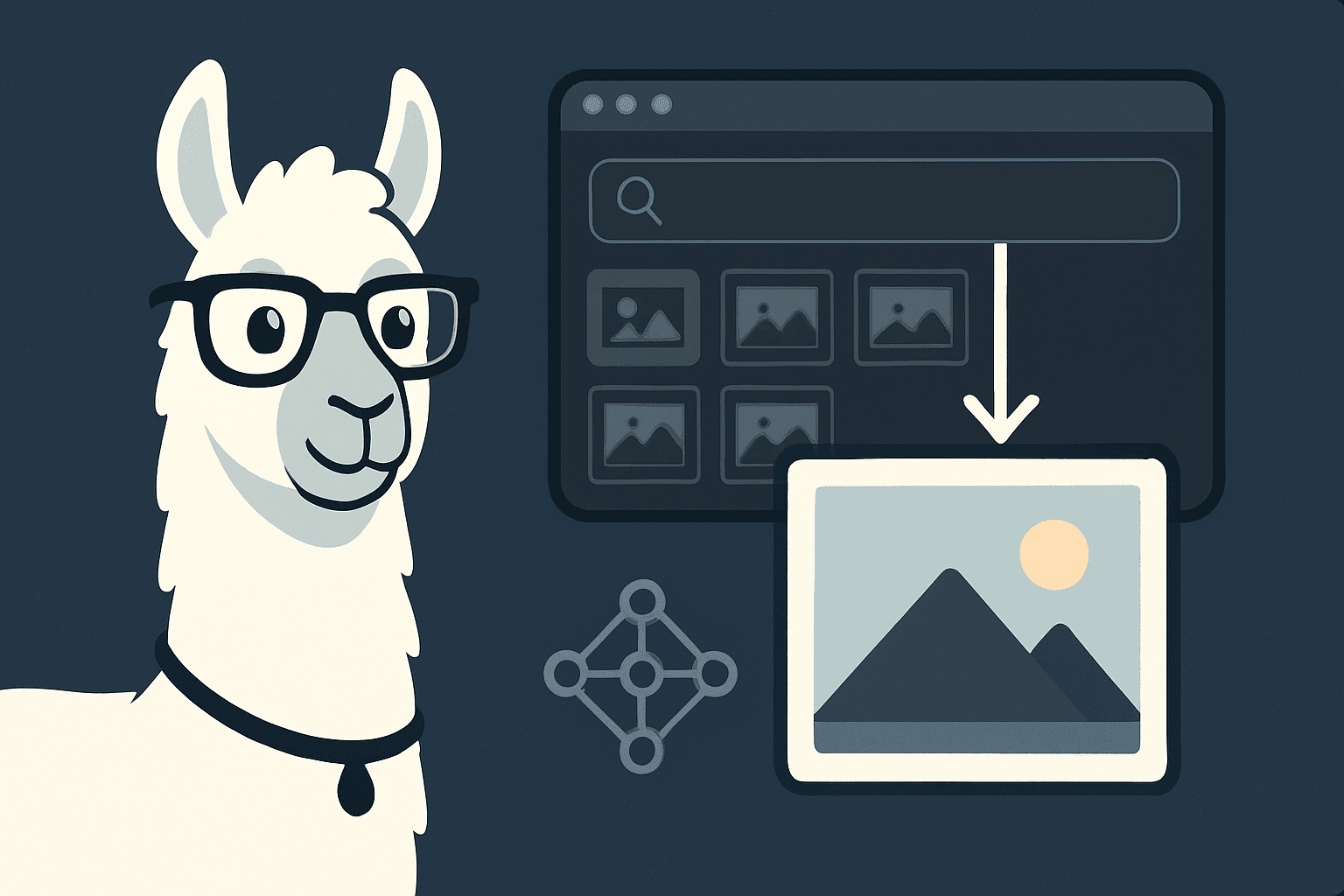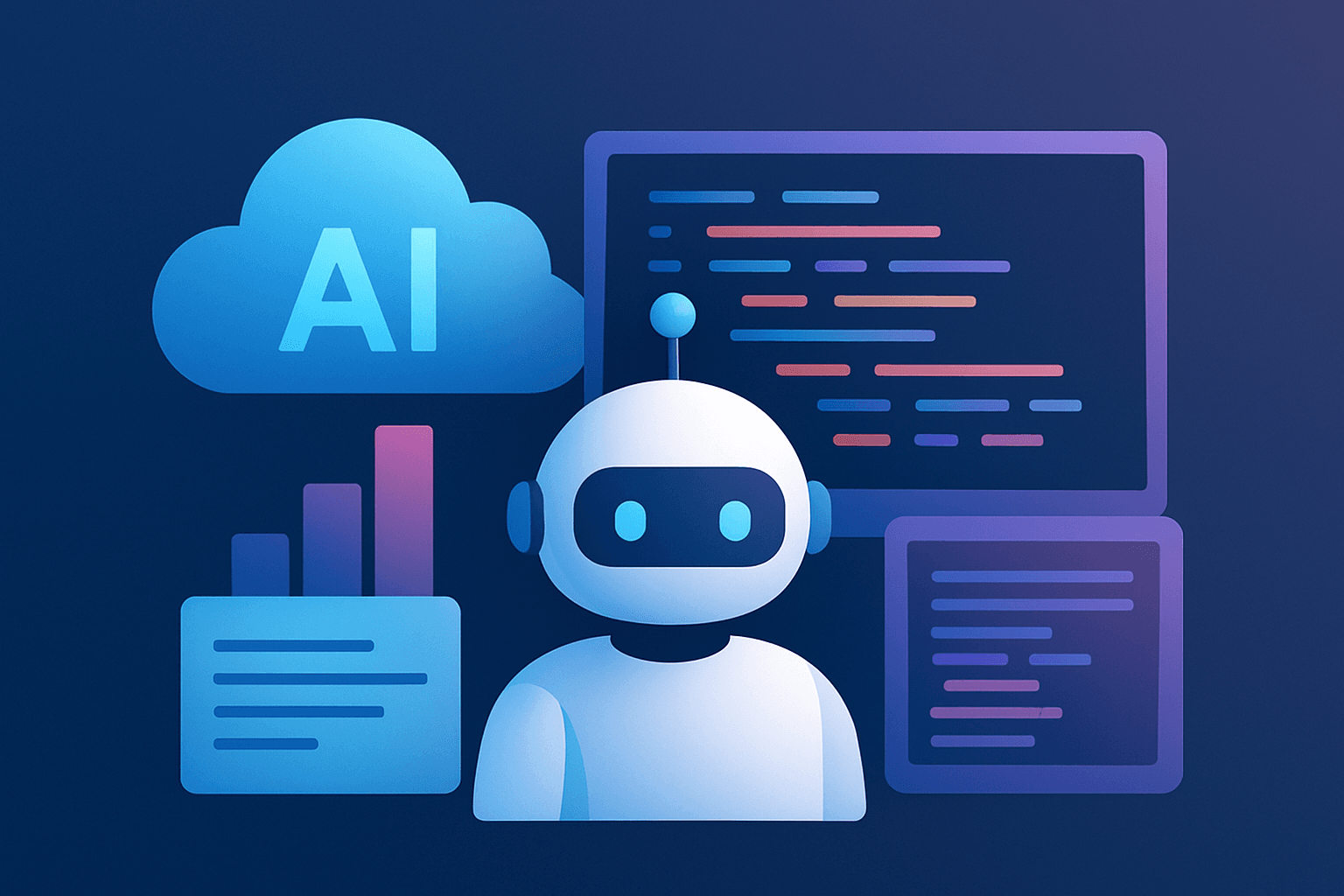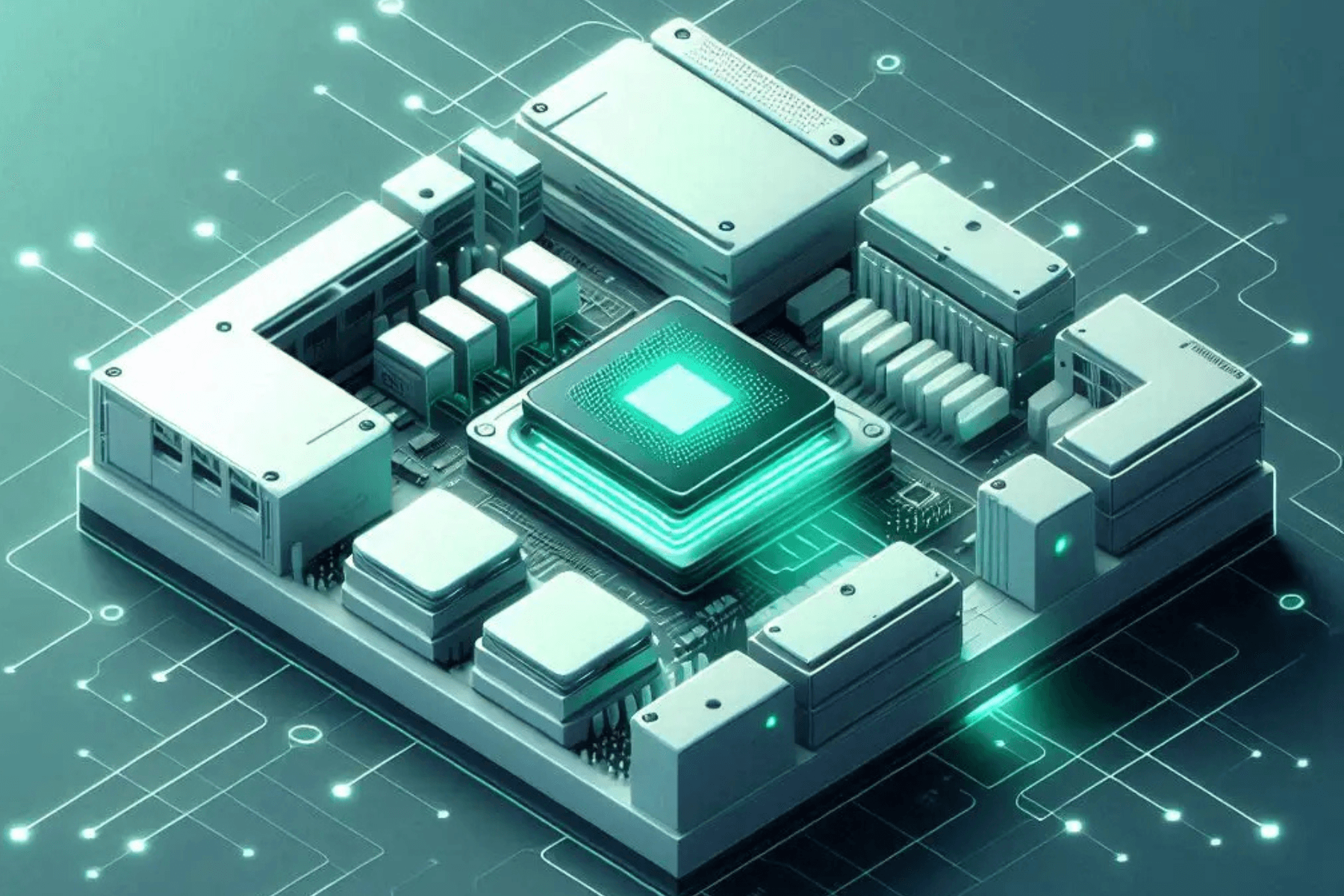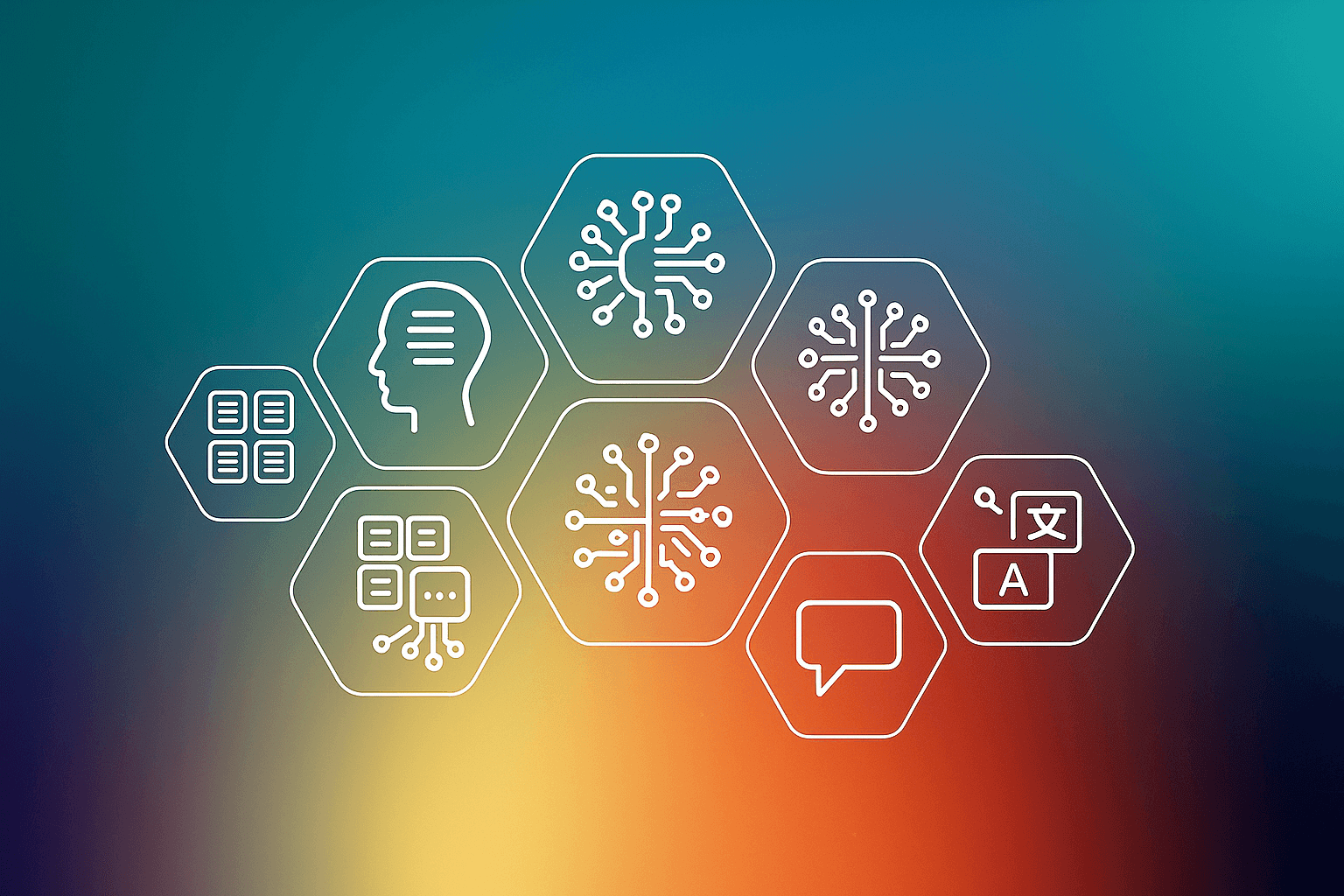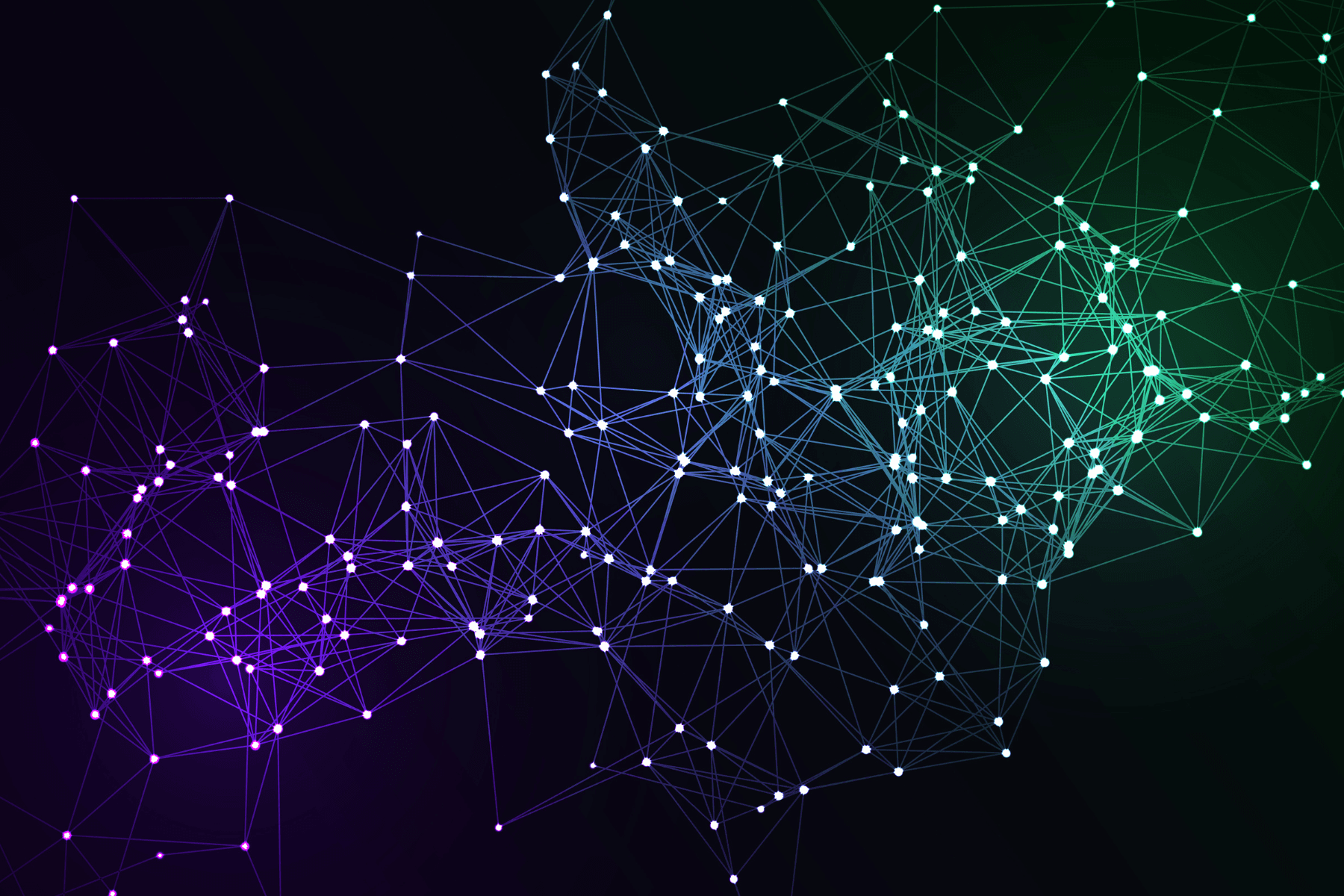Today, Generative AI has made significant strides in the healthcare industry, enabling more precise and accurate diagnoses and treatments. It has automated large volumes of clinical and administrative work and has enabled precise decision-making through early diagnosis.
About 50% of organisations in pharma today have active GenAI in production. By improving operational efficiency and quality of care, GenAI could help us tackle some of the most critical healthcare challenges of our time.
In this blog, we will take a closer look at the applications of GenAI in healthcare and how it benefits the future of the industry.
What is Generative AI in Healthcare?
Generative AI in healthcare uses advanced deep learning and machine learning models to automate medical content generation and simulate data. By training on different types of healthcare information like clinical notes, labs, images, and patient histories, these models can generate clinical documents and discharge summaries.
Medical professionals can synthesize and structure unstructured data for analytics and decision-making. Through natural language interfaces, clinicians and systems can seamlessly interact with patients. Some prevalent model types used in healthcare are the following:
Generative Adversarial Networks (GANs) are commonly used to create synthetic medical images (radiology scans) and patient records while maintaining privacy.
Convolutional Neural Networks (CNNs) analyze and generate medical images like X-rays, MRIs, and CT scans, enhancing image quality for diagnosis. They are used in disease detection models for retinal image analysis, lung nodule detection, and cancer diagnostics.
Large Language Models (LLMs) help automate clinical report generation and power medical chatbots for patient interaction.
Retrieval-Augmented Generation (RAG) enables LLMs to access updated clinical databases, providing evidence-based responses to support doctors, nurses, and patients. Learn more about how RAG works.
Recurrent Neural Networks (RNNs) are employed to generate sequential medical data for modeling patient vitals and lab results, risk assessment, and early warning systems.
Application of Generative AI in Healthcare
Generative AI finds several applications in healthcare. Here are some examples:
Medical Imaging Enhancement
AI Models enhance medical image quality and detect anomalies that might have seemed improbable before.
GenAI helps radiologists in accurately identifying diseases from X-rays, MRIs, and CT scans. These models can also identify early signs of health conditions and predict disease progression. Researchers at the University of California developed an AI model that analyzes PET scans to detect early-stage Alzheimer’s disease. This helped them spot subtle metabolic changes invisible to human eyes and identify 92% of patients correctly.
Automated Medical Report Generation
Using NLP, clinicians can automate the process of generating medical reports and transcribing patient consultations.
AI agents can optimize appointment scheduling, and chatbots help compose feedback surveys. Clinicians could also enhance care delivery using insights from the agents.
Hospitals now use AI to automatically generate radiology and pathology reports. The systems can summarize critical findings and suggest missing information. This drastically reduces report turnaround time, especially in high-throughput departments like radiology and emergency care.
Drug Discovery and Development
GenAI is used to enhance the drug discovery and development process in pharmaceutical research. AI models can identify promising specimens for clinical trials, optimize molecular structures, and create chemical compounds with desired properties. It can even predict potential side effects.
Insilico Medicine’s GENTRL platform generated novel DDR1 kinase inhibitors for fibrosis,
validated in preclinical testing, a pace unmatched in traditional drug discovery.
Virtual Health Assistants
Virtual health assistants and GenAI chatbots can interact with patients for appointment scheduling and offer other support around the clock.
By analyzing patient medical history, these assistants can also support them by sending timely medication alerts on smart devices.
During the COVID-19 pandemic, the US Centers for Disease Control and Prevention created a chatbot called ‘Clara’ to communicate with patients. These chat assistants guided patients through screening questions, offered up-to-date advice, and alleviated pressure on overwhelmed call centers.
Predictive Analytics and Risk Assessment
GenAI integrates data from EHRs, medical images, genomics, and lab results for advanced analysis and training predictive models. These models can anticipate patient deterioration or progression from pre-disease to disease state.
GenAI systems can also deliver immediate risk predictions for fatal conditions like cardiovascular events and personalise risk profiles.
Corewell Health, a non-profit healthcare system, deploys predictive analytics to identify patients at risk of hospital readmission. Interdisciplinary teams then intervene, reportedly saving $5M and preventing 200 readmissions.
Synthetic Health Data Generation
GenAI creates artificial datasets that can replicate the properties and statistics of real medical data without referring to actual patients.
For example, GANs produce highly realistic synthetic data like images and EHRs. Time-series generators and Retrieval-augmented models can simulate longitudinal patient data and complex multi-modal datasets.
CDC’s National Center for Health Statistics (NCHS) released synthetic data versions of sensitive national health survey datasets, balancing privacy with research utility for thousands of analysts.
Medical Chatbots & Counseling
GenAI powers advanced medical chatbots and digital counselling tools that support real-time, personalized support to patients and clinicians.
The chatbots can deliver assistance for symptom assessment, medical reminders, and answer medical queries. They can offer mental health support and check-ins through conversational interfaces.
Mass General Brigham COVID-19 Hotline Chatbot served 40,000+ patients in one week during the pandemic peak, fielding routine symptom screening and care guidance.
Benefits of Generative AI in Healthcare
The advancements in GenAI have significantly improved diagnostics and patient care. Here are some of the key benefits of GenAI systems in healthcare:
Improved Diagnostic Accuracy
Enhanced image analysis can flag abnormalities that the human eye might miss. Automated analysis reduces diagnostic errors, ensuring more consistent and reliable results.
By synthesizing insights from multi-modal data, GenAI helps in providing a holistic perspective that improves the detection of rare and complex diseases.
Faster and More Efficient Care
Healthcare providers can accelerate clinical documentation using GenAI, which would free up more time for patient care. By automating billing and appointment scheduling, GenAI reduces bottlenecks and enhances efficiency.
Clinicians also get immediate access to data using AI. This facilitates faster decision-making and shorter care cycles.
Personalized Treatment Plans
GenAI helps assess a patient’s genes, lifestyle, and medical history to create personalized treatment plans. Doctors can choose the best medicines and therapies by analyzing real-time data for each patient, which improves the chances of success.
GenAI systems also keep updating and customizing care plans, making the treatment more focused on each person’s unique needs.
Preventive Care and Early Intervention
GenAI can identify risk patterns for chronic diseases before the symptoms appear. This allows for timely intervention and lifestyle changes. By monitoring health data streams, AI models could alert healthcare providers about early signs of deterioration or emerging diseases.
GenAI also contributes to better community health outcomes by identifying risk and allocating preventive resources effectively.
Better risk assessment
Accurate risk assessment can help direct preventive care to vulnerable groups, optimizing resource allocation.
GenAI offers up-to-date and nuanced risk profiles for individual patients and populations. Synthetic data and continuous learning allow GenAI systems to identify evolving risks and support clinical and operational decision-making.
The Future of Generative AI in Healthcare
GenAI is transforming healthcare by handling complex tasks and creating intelligent content. It can generate reports in real-time, saving hours of manual work and reducing stress among healthcare workers.
AI tools also reduce transcription errors and provide accessible summaries, making medical information clearer and more reliable.
Healthcare organisations today use GenAI models to reduce drug discovery timelines from years to months. AI-powered medical chatbots can make the treatment experience more personal and tailored by giving instant responses to patient queries and medication reminders.
GenAI isn’t just useful for diagnosing illnesses; its application is also moving to more creative domains. It can be used to make educational materials for patients and doctors, write scientific and regulatory documents, and even help with research by summarizing medical studies.
Synthetic data and literature-search capabilities are unlocking new frontiers in medical research. It enables researchers to explore correlations that would be difficult and costly to find with real-world data alone. The results can be crucial in discovering patterns and simulating public health interventions.
Fine-Tune Generative AI Models for Healthcare Using the No-Code TIR Platform
Generative AI is revolutionizing healthcare, from diagnostics to drug discovery and patient care. It enhances medical imaging, generates synthetic data for research, automates clinical documentation, and delivers personalised support to patients. GenAI can offer faster diagnostics, improved treatment accuracy, and early intervention.
E2E Cloud’s no-code AI model deployment platform, TIR, empowers healthcare professionals to fine-tune and deploy AI models quickly, without needing deep technical expertise.
Using instruction-tuned Llama models, you can deploy a secure chatbot that helps triage patient symptoms, summarize electronic health records (EHRs), and respond to common post-consultation FAQs. TIR accelerates AI innovation in healthcare while ensuring data privacy and efficiency.
Begin your journey with TIR today!
